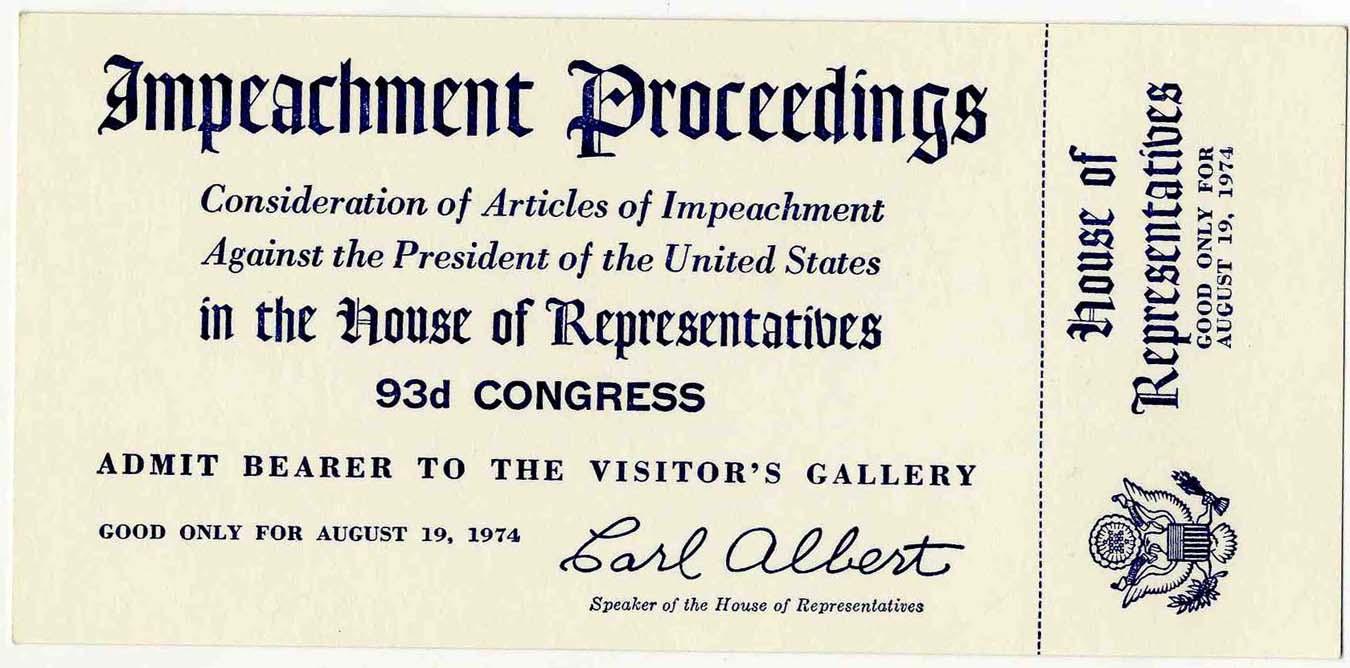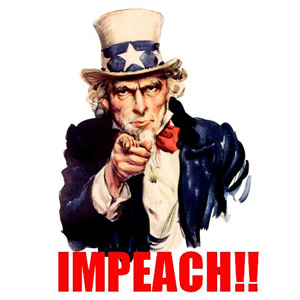One big surprise came out of Robert Mueller’s testimony in front of the House Judiciary Committee today—Robert Mueller’s disastrous performance as a witness, a prosecutor, and a patriot.
Both the Republicans and the Democrats came to the sessions with predictable and predetermined lines of questioning designed to further their narratives.
The Democrats patiently led Mueller through the segments of his report that are the most damaging to Trump. They succeeded in getting Mueller to validate those quotes on national television, but this accomplishment was muted by their inability to get Mueller to repeat those words in his own voice. Nadler established a key clarification at the outset: that Mueller and his team decided at the beginning of their investigation that indicting Trump was unconstitutional according to DOJ. But the Democrats were unable to get Mueller to even entertain the notion that Trump would have been indicted had he not been a sitting President. They focused on several specific instances of obstruction in his report and demonstrated that they met the three criteria for obstruction, but they never got him to say that they legally amounted to obstruction. “I do not agree to your characterization” was his response to this line of questioning, and he refused to say why.
The Republicans, who were just as focused and disciplined, not surprisingly spent more time asking about the maddening inconsistencies in the Mueller report to which the American people deserve answers. They spent most of their time repeatedly—and falsely—attacked Mueller, his team, and his report as being “one-sided,” “biased,” purposely misleading, unlawful, unfair, and “un-American.”
When someone calls your work “un-American” on national television, you respond, firmly and aggressively.
The Robert Mueller of legend, described by all who knew him or worked with him as a strong administrator with unwavering focus and unquestioned impartiality, and deep patriotism was not the Mueller who testified today.
Mueller appeared old, exhausted, weak, hard of hearing, unprepared for even the most obvious questions, unfamiliar with his own report, and uncaring about the significance of the occasion to the future of his country. He constantly thumbed through copies of his report and in the process forgot the preceding question, which would then have to be repeated to him. He fumbled his responses. Mueller couldn’t even remember that Ronald Reagan appointed him as U.S. Attorney to the district of Massachusetts. If you were prone to believe that Mueller was a decent guy who let the investigation get away from him and who was misled by a team made up of partisan Democrats who wrote a completely biased report, his flaccid, dottering performance this morning would make you more convinced of that narrative.
Until the very end of the hearing Mueller made no attempt to defend himself, his team, and his report against vicious attacks by Republicans. Mueller made a few half-hearted attempts to answer more fully, but he meekly wilted under the Republicans’ repeated interruptions, and the Democrats didn’t help him by telling him that he could take time to respond. Finally, just before the end of hearing, Mueller offered up a brief defense of his hiring processes.
Most incredible of all, Mueller’s flaccid performance somehow managed to make dramatic evidence of Presidential crimes utterly boring. We can only expect that he will do the same this afternoon for the “expansive” Russian interference in our election. Mueller’s performance was so passionless and dull that the “movie” version of his written report was even less engaging than a sex-education video produced by the Catholic Church for schoolchildren.
Mueller’s feebleness was not the only disaster about this morning’s hearing. Just as harmful was his refusal to answer 123 questions this morning. Some were spurious, but most were important queries about whether Trump’s actions met the legal bar for obstruction of justice, and they were asked because Congress is inheriting Mueller’s confusing and inconclusive report. Much of Mueller’s speechlessness was mostly due to his meek acceptance of William Barr’s warnings not to go anywhere near disagreements within the DOJ, even though Mueller is now a private citizen and Barr has provided his own totally distorted version of them.
Mueller was obstinately insistent that his report and his letter to Barr “spoke for themselves” when in fact they are fundamentally inconclusive and extremely confusing when it comes to issues that Americans care about. If he couldn’t indict Trump, why did he detail a dozen examples of obstruction of justice. Don’t ask Bob—he won’t tell you. What, exactly, was Mueller referring to when he accused the Attorney General of the United States of acting to steer the American public to misleading conclusions about what was in his report? Bob wouldn’t go there. Why didn’t Mueller subpoena Trump or Donald Trump Jr.? Bob won’t say. Mueller was so phobic about impeachment that he refused to even admit that it was the constitutional remedy for Presidential misconduct.
Texas Rep. John Ratciffe was effective in challenging the report’s frustrating refusal to reach any conclusions about obstruction in this exchange:
Ratcliffe: “Which DOJ policy or principal sets forth a standard that an investigated person is not exonerated if their innocence from criminal conduct is not conclusively determined? Can you give me an example other than Donald Trump when the Justice Department determined that an investigated person was not exonerated because their innocence was not conclusively determined?”
Mueller: “This is a unique situation. I cannot.”
Weirdly, Mueller’s contention that his situation was absolutely unique obstinately ignored the precedent of Leon Jaworski, who served as the second Watergate special prosecutor. The DOJ guidance that a sitting President cannot be indicted was developed for Jaworski in 1972. Jaworski, unlike Mueller, understood the momentousness of the issue of a criminal President. He followed the guidance and did not indict Nixon, but he didn’t stop there. He worked with his grand jury and allowed them to name Nixon as an unindicted co-conspirator. Jaworski allowed the grand jury to detail their findings and made sure that the House Judiciary Committee had those findings and could use them as a basis for impeachment, which they did.
Our country would have benefitted from having a skilled prosecutor and a savvy patriot who understood both the law and the current constitutional crisis represented by Trump’s lawless regime to head up the Russian investigation.
What we got was a man with an incredible resume and history of stellar service who, in his most important role as the prosecutor of one of the most important investigations in our nation’s history, behaved more like a low-level Forest Service researcher so obsessed with the proper classification of trees that he couldn’t see that the forest was on fire. Mueller’s warped focus on the letter of the law to the exclusion of all else makes him a failed prosecutor in this critical case, because in the end, he has enabled the suppression of the truth by his superiors who constantly flaunt the law that Mueller says he cares so much about.



